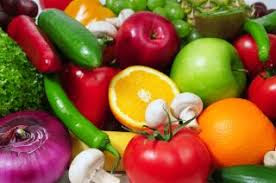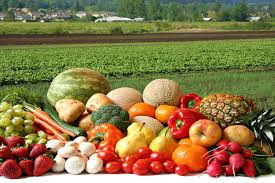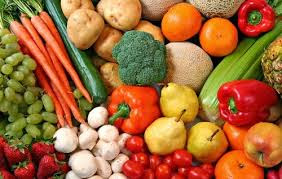Facts About Organic Food.

1. If you are not able to afford Organic produce, don’t worry. The Environmental Working Group (EWG) has made a list of the “Clean Fifteen” which are the fifteen conventionally grown produce items with the least amount of pesticide residue. 2. Organic chickens and their eggs are egg free. They are not being given any antibiotics or vaccines. Also, their diet includes insects and organic feed. It is far better than the stuff most factory farm animals are offering. 3. Organic isn’t just related to eating crops. Cotton is one of the huge crops that are grown in 17 states of the United States. They are mostly used for clothing and by wearing organic clothes won’t let off pesticides but it will help in supporting sustainable growth practices and keeps pesticides out of the groundwater. 4. For any farm to be certified as organic it will not use any prohibited pesticides, GMO see...



